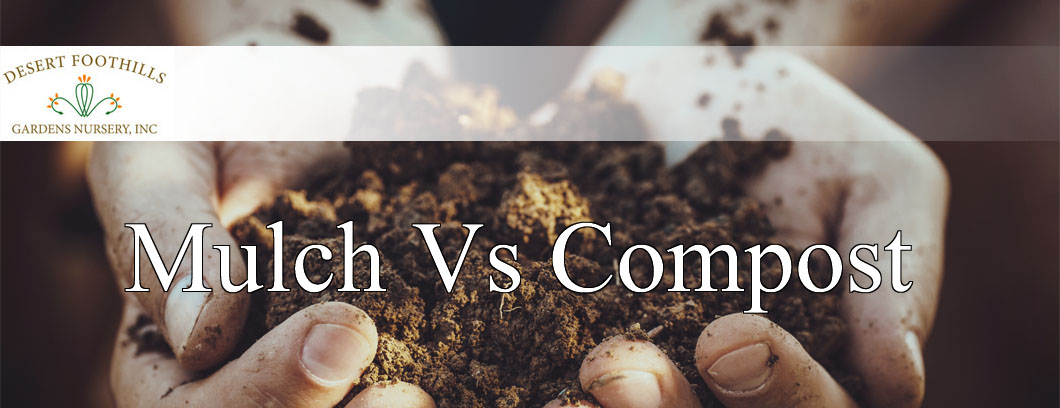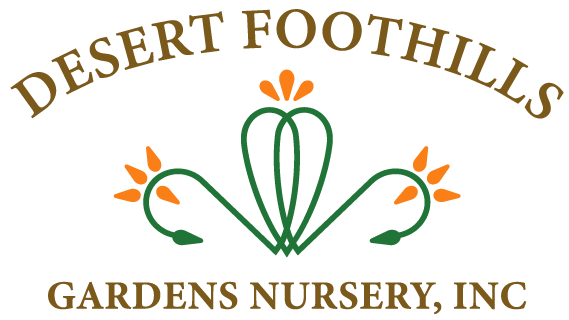Mulch vs Compost | Differences

Are you a homeowner who appreciates having your garden looking hearty and healthy? Sometimes it can be challenging to make sure that your flowers and plants grow properly, but you don’t need to be an expert gardener to have a beautiful garden. Fortunately for those of us who haven’t developed our green thumbs yet, there are a couple of tricks that can help! One of these tricks includes using compost or mulch in your garden. On the other hand, there are a couple of questions that need to be answered first. Which one is best and what are the differences between them?
Mulch Vs Compost
It’s hard to decide between mulch and compost. However, something that can make the decision even more difficult is not fully knowing what each one has to offer. This post will describe what mulch and compost are, and how they can be beneficial to you and your garden.
Mulch
Mulch is a type of non-living, organic material that can be dispersed across the top of the soil. It is intended to cover anything that was planted beneath the surface. Mulch is used as an overall term, as countless materials fall under the category.
Among others, materials you can include newspaper (with organic dyes), composted wood chips, tree bark, leaves, and straw. Shredded leaves are the most universal form of mulch because they are free and can be found naturally in your yard. Wood mulch is also favorable, as it is also natural and light to carry to various areas.
Benefits of Using Mulch
There are a lot of benefits of choosing to use mulch.
- It is able to maintain the moisture in the soil. Your plants will find it easier to get water and moisture, as it will not dry up as fast. Additionally, more nutrients will be retained in the soil, making it rich and easier for your plants to grow.
- Mulch naturally fights weed growth. When undesirable seeds are blown into a part of your garden that is covered in mulch, the weeds can’t take root and grow. In general, this will benefit you, as you won’t have to spend time and effort weeding your garden.
- Mulch helps manages temperatures so that plants have a better chance of thriving outdoors. In colder temperatures, mulch can safeguard roots and lowers the probability of plants being uprooted due to the contracting soil. In warmer temperatures, the roots are kept healthy and cool.
Compost
Compost is comprised of organic materials that have decomposed. It will be dark brown in color and shouldn’t have a bad smell. Compost is added to the soil, far beneath its top layer. When digging your garden bed, you can add some compost to a hole, then plant the flowers over the hole. Compost can be worked into the soil so that it is more spread out when placed next to plants.
Benefits Of Using Compost
By using compost in your garden, there will be more nutrients near the roots of your plants. They will have an easier time absorbing these nutrients and will grow healthier. Additionally, the nutrients will be released over time. This means that months (sometimes years) later, the plants can still thrive in the enriched soil.
Common household products can be used as compost. This includes items from the kitchen, including used paper towels, tea bags, eggshells, and fruit peels. Despite that, compost is not limited to kitchen items. You can also compost pencil shavings, cotton balls, or animal or human hair. Compost allows you to recycle otherwise useless materials that would have ended up in a landfill.
Composting is especially beneficial to the soil itself. If there were harmful chemicals or unnatural preservatives in the soil, they are removed naturally. After a while, the composting materials will revitalize the soil and get rid of the toxins that will prevent plants from growing and flourishing.
Mulch And Compost Conclusion
Now you have two different options regarding your garden. Whether you use compost or mulch as fertilizer, they are free, lightweight and natural. Overall, it is a better option than man-made fertilizers, where you don’t know the ingredients. But which should you use?
People who plant gardens and want their plants to emerge every year after the frost clears. This means that you should choose to start composting because it is a more long-term fertilizer. Composting will take dedication but will pay off in the end. Gather a compost pile and use it as a natural fertilizer in your garden. The soil in your garden will steadily improve in richness and plants will have an easier time growing.
Desert Foothills Gardens Is A Desert Plant Nursery In Cave Creek
Desert Foothills Gardens Nursery offers desert plants and landscape design in Cave Creek, Arizona. If you are looking for the best quality, widest selection, and healthiest plants to put in your landscape or garden in the Phoenix area, Desert Foothills Gardens Nursery is your #1 source. If you would like to view our desert plant selection stop by our nursery in Cave Creek or give us a call at (480) 488-9455.

